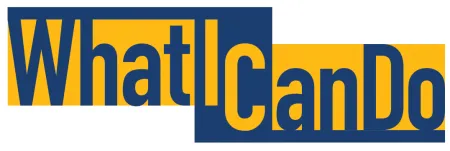In response to the current global pandemic, Project Look Sharp is offering free lessons for educators that focus on COVID-19-related issues. Instructors will be able to download these new media literacy lessons and share them with their students who are working remotely. The program is also working to provide free demonstration videos on how to lead media decoding using online technology.
Project Look Sharp is a media-literacy program that provides professional development, resources and support for the integration of media literacy throughout curriculum.
“The skills of media analysis are relevant to any field at any time,” said Cyndy Scheibe, executive director and founder. “But in the realm of the life-threatening COVID-19 pandemic, it's more important than ever for people to be able to know where to get current and accurate information, and to be able to judge the credibility of the information they see, read and hear from multiple sources."
Project Look Sharp offers more than 450 free lessons on their website. These lessons have been grant-funded by many contributors, including Ithaca College and the Park Foundation.

